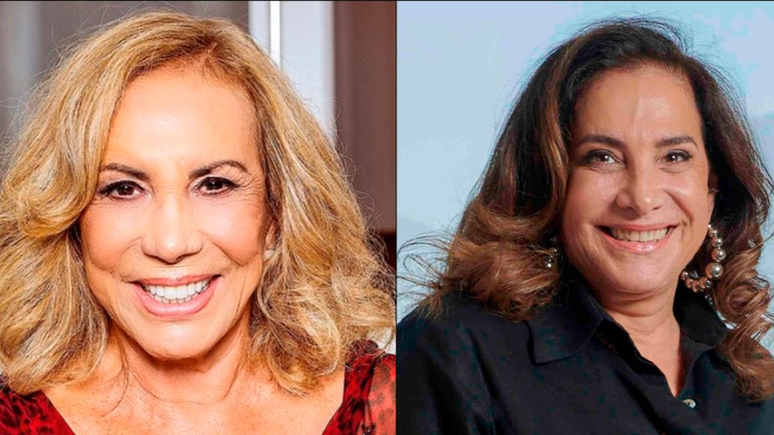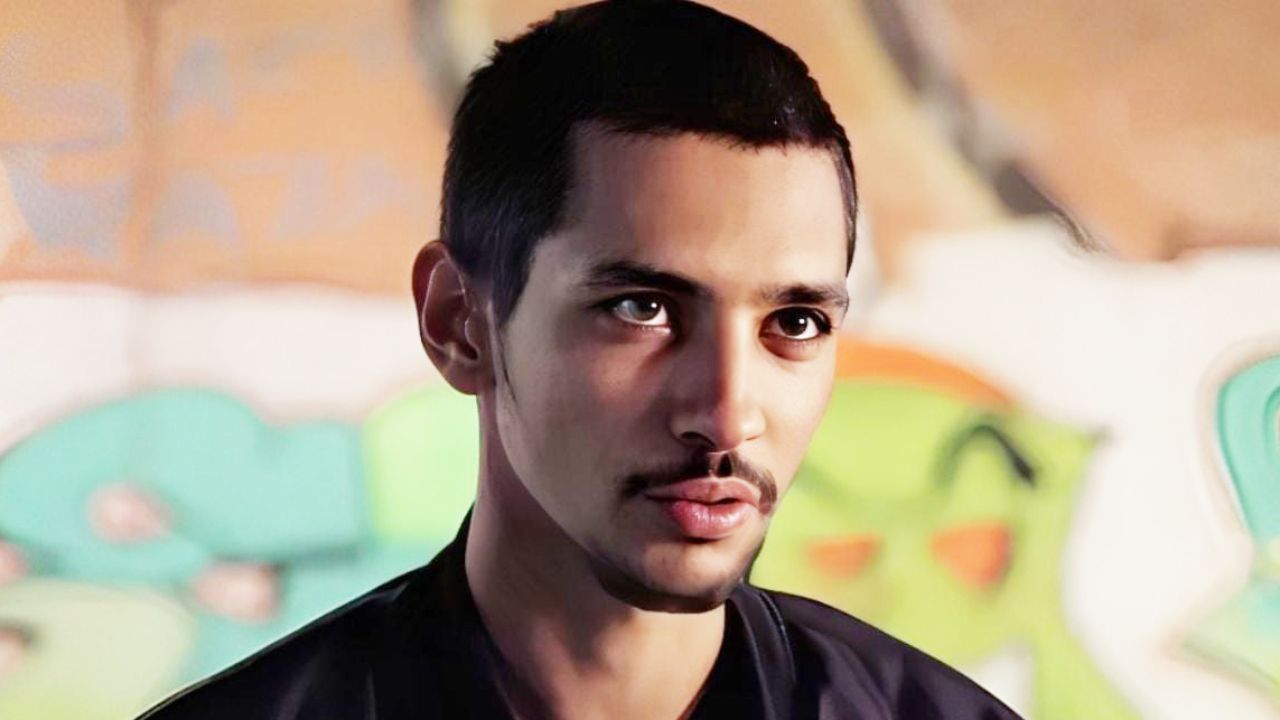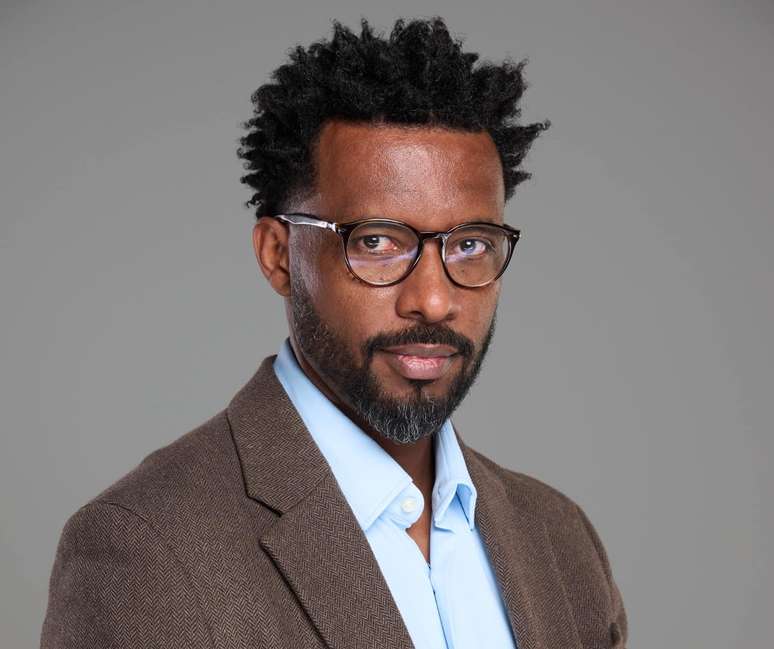Expert comments on the importance of prevention and early diagnosis
Breast cancer is the most common type of cancer among women. According to the National Cancer Institute (Inca), the estimate for 2025 is 73,610 new cases of the disease in Brazil. Despite the significant numbers, medical advances and access to screening tests increase the chances of a cure when the problem is identified in its early stages. During Pink October, a global breast cancer awareness campaign, stories of overcoming like those of the actresses Arleté Salles AND Totia Meireles gain visibility and demonstrate that early diagnosis saves lives.
The oncologist Larissa Gomes emphasizes that breast self-examination is an important tool for self-knowledge of one’s body, as it helps women notice changes such as lumps, discharge or skin changes. However, it does not replace mammography, a test considered the most effective method for detecting the disease. “Self-examination should be seen as a complementary practice. Breast cancer is often initially silent and is only detected through imaging tests,” he emphasizes. The doctor adds that the recommendation is for women over the age of 40 to undergo mammography annually, or sooner if there is a family history of the disease.
The development of breast cancer
The specialist points out that the disease occurs when some breast cells begin to multiply in a disorderly way, forming a tumor. If left untreated, it can invade nearby tissues or spread to other parts of the body, in a process known as metastasis.
The doctor explains that among the main risk factors are family history, hereditary genetic mutations (BRCA1 and BRCA2), advanced age, early first menstruation or late menopause, not having children or having them after the age of 30, excessive alcohol consumption, smoking, sedentary lifestyle and obesity. “Prolonged use of hormones, such as contraceptives and replacement therapies, can also contribute to increased risk,” he warns.
Different types require specific treatments
The oncologist explains that there are different types of breast cancer, with different behaviors and treatments. The most common is invasive ductal carcinoma, which begins in the channels that carry milk to the nipple and can invade nearby tissues. Invasive lobular carcinoma originates in the milk-producing lobules. There is also carcinoma in situ, considered the initial stage of the disease, when the tumor cells have not yet spread.
According to Larissa, molecular subtypes also influence treatment, as they are defined by the characteristics of the tumor cells. Among these are Luminal types A and B, HER2 positive and triple negative, the latter being more aggressive and common in young women.
Signs and early diagnosis
The specialist points out that a breast lump usually presents as a hard lump that does not disappear with the menstrual cycle and may have irregular edges and limited movement when touched. Other signs that deserve attention are changes in the skin of the breast, such as redness or “orange peel” appearance, inversion of the nipple, spontaneous discharge and swelling in the armpit. “When faced with any changes, it is essential to consult a doctor as soon as possible. Early diagnosis significantly increases the chances of successful treatment,” he emphasizes.
Therapy and possibility of recovery
The doctor explains that treatment options vary depending on the stage of the disease. In initial cases, partial removal of the breast (quadrantectomy) associated with radiotherapy can be performed. In more advanced stages, total mastectomy may be necessary, as well as complementary treatments such as chemotherapy, hormone therapy or targeted therapy. “When cancer is discovered early, the chances of recovery exceed 90%. Therefore, information and prevention are our greatest allies,” he says.
Taking care of your mind is also part of healing
Larissa reminds us that a breast cancer diagnosis has a profound impact on a woman’s life, both physically, emotionally and socially. He emphasizes that maintaining emotional balance is essential during treatment. Furthermore, the oncologist emphasizes the importance of accepting support from family and friends, participating in support groups, seeking psychological support and maintaining a healthy routine, with a balanced diet and pleasant activities. “Faith, spirituality and access to information also help the patient face the process with more strength and hope,” he concludes.
Specialist
Larissa Gomes graduated in Medicine from the University of Passo Fundo (RS), specialist in Clinical Medicine at the São Lucas Hospital of the Pontifical Catholic University of Rio Grande do Sul (PUC-RS) and in Clinical Cancerology at the Beneficência Portuguesa Hospital in São Paulo. He is a member of the American Society of Clinical Oncology (ASCO), the European Society of Medical Oncology (ESMO) and the Brazilian Society of Clinical Oncology (SBOC). Founder of Onco Residentes, a platform aimed at training doctors specializing in oncology, Larissa works to promote medical education and strengthen the support network for cancer patients.
Source: Terra
Ben Stock is a lifestyle journalist and author at Gossipify. He writes about topics such as health, wellness, travel, food and home decor. He provides practical advice and inspiration to improve well-being, keeps readers up to date with latest lifestyle news and trends, known for his engaging writing style, in-depth analysis and unique perspectives.









